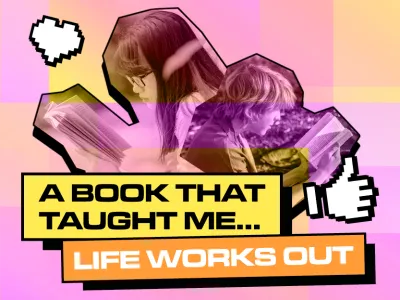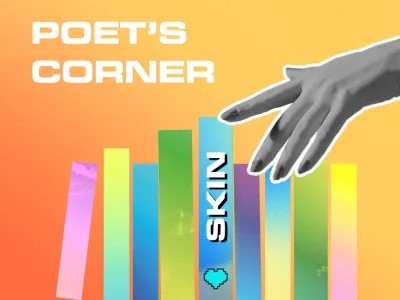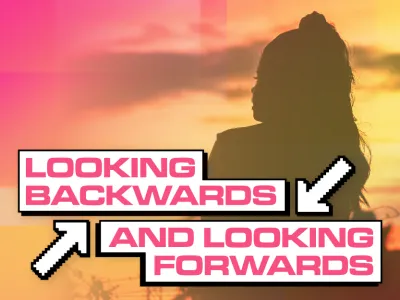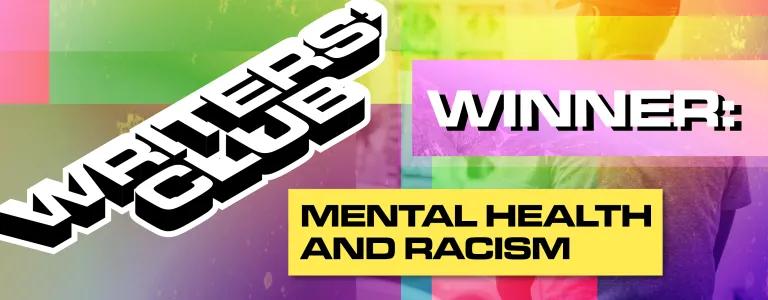
Writers’ Club: Mental Health And Racism
Include this article in your Skills Builder Journal. It could help you develop... 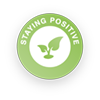
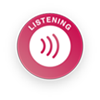
A little while ago we held a competition for new people to join our Writers’ Club. The winners have been picked and we’re really excited to see them produce new content on Connect, on subjects that matter to them. Over the next few weeks we’ll be sharing their winning pitch ideas so you can get to know them a little better.
This article is by Ryan, who chose to write about his lived experience with racism, how it has affected his mental health, and what he’s done to tackle it…
It is essential to first define the terms ‘racism’ and ‘mental health’ and how they correlate. Racism means prejudice, discrimination, or antagonism by an individual, community, or institution against a person or people on the basis of their membership of a particular racial or ethnic group, typically one that is a minority or marginalised. The term mental health means a person’s condition with regard to their psychological and emotional well-being. Research from Medical News Today shows that racism is directly linked to mental health, as distressing symptoms can arise as a direct result from racist incidents such as hate speech.
When I was 14, I had the opportunity to attend a boarding school in Zimbabwe, where my parents come from. It was a once-in-a-lifetime opportunity and I was excited to go. However, two years later, I found myself with low self-esteem and anxiety. It was not the experience I thought I would have. I experienced discrimination for my accent, the way I carried myself, and in some cases the darkness of my skin. This caused my mental health to deteriorate and I found myself at a very low point in life. Despite the ups and downs of Zimbabwe, I was still very grateful for how it educated me academically and how I became more socially aware of the real world.
In 2018, whilst scrolling through the internet, I came across an advert made by H&M, where a young Black boy wore a hoodie with the slogan ‘coolest monkey in the jungle’. This made me feel disgusted by how subtle racism can be and how it transitions into modern-day advertisements. Seeing this made me want to understand more about the severity of racism and how it appears in everyday life. Another example is the infamous Pepsi advert, where Kendall Jenner gives a can of Pepsi to a police guard, suggesting that similar tastes bring people together. The advert faced backlash as it was perceived as capitalising on the Black Lives Matter movement for profit. Another advert made by Nivea included the slogan ‘White is Purity’ and was only released in the Middle East, where colourism is a huge issue. Analysing these adverts made me realise that I needed to be an advocate for change and better myself and my mental health.
Fortunately, there are many amazing websites, organisations, and people I have found on my own journey to loving myself and being the best version of me. Kooth is a digital mental health and wellbeing company that provides a welcoming place for everyone. The website makes me feel heard and safe and gives me space to share some of my worries in an anonymous place, do activities like daily journaling, and chat to team members for support. Another amazing organisation is Mind - the mental health charity. Their website provides a range of solutions and practical tips on improving self-esteem and defying the little voice in my head. Some solutions include art therapies, building a support network, and being more assertive.
The advancement of technology has made it more accessible to educate and learn more about minority groups and amazing movements, charities, and even hashtags created to support the wider BAME (Black, Asian, and Minority Ethnic) community. A popular movement is Black Lives Matter, a decentralised political and social movement that seeks to highlight racism, discrimination, and racial inequality experienced by Black people. Their aim is to protest against racially motivated crimes against Black people.
In books we are also seeing a greater representation of characters in all aspects, making it easier to relate to characters and providing different sources of role models. Some of my favourites are Nik and Norva in High Rise Mystery and Ahmet in The Boy In the Back of the Class.
All of these things and more enabled me to care for my own mental health, take more risks, and be surrounded by amazing people in my life. Despite the complexity and stereotypes about mental health and racism, we can break down those barriers together one step at a time. My own journey in bettering myself took me over two years. Becoming an advocate for the BAME community and having a good circle of people I can trust helped me to defeat my own anxiety and learn to love who I am again.
There are a range of ways you can get started, whether it is facing your own mental health worries, educating yourself on mental health and racism, or helping someone you are close to. Simply search on Google for mental health websites, start a powerful conversation with someone you know, research charities and people who are doing good in your community, or even browse around on the NCS website for other amazing blogs and pieces of writing!


